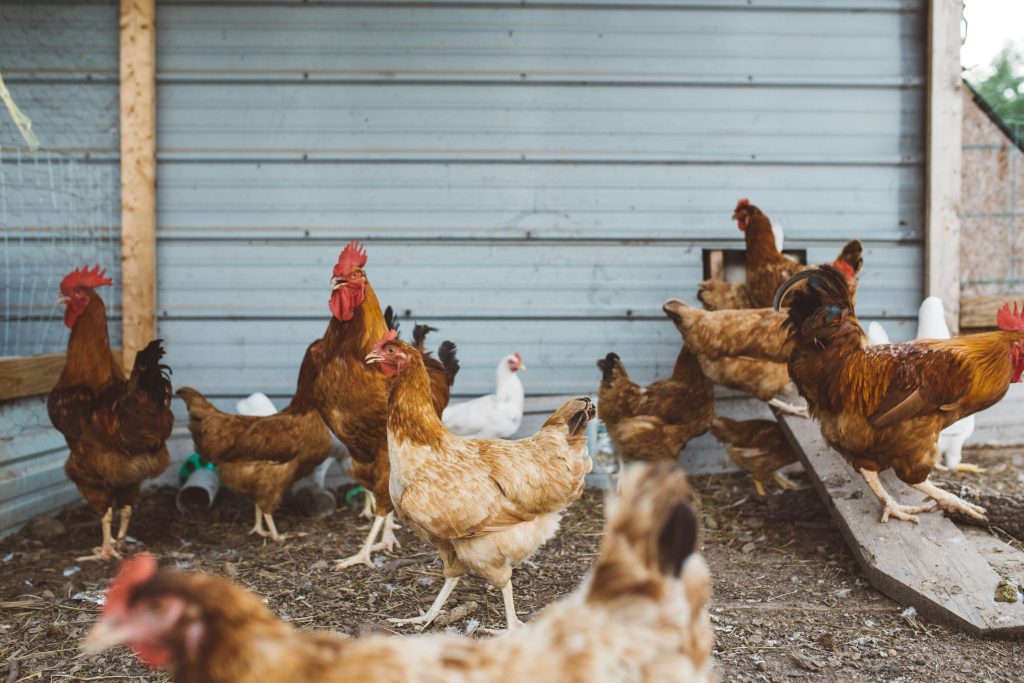Starting a poultry farm in Nigeria can be a profitable venture due to the high demand for poultry products such as eggs and meat. However, like any other business, it requires careful planning and an understanding of the initial costs involved. This article provides a detailed cost breakdown for starting a poultry farm in Nigeria, helping prospective farmers make informed decisions before investing.
Factors Affecting the Cost of Starting a Poultry Farm in Nigeria
Several factors influence the overall cost of setting up a poultry farm. These include:
- Scale of Operation: Small-scale farms have lower startup costs compared to medium or large-scale farms.
- Type of Poultry Farming: The cost varies depending on whether you focus on layers (egg production), broilers (meat production), or breeders (reproductive purposes).
- Location: Land prices, cost of building materials, and access to utilities vary from one region to another.
- Equipment and Infrastructure: The type and quality of equipment used also play a significant role in determining costs.
Cost Breakdown for Starting a Small-Scale Poultry Farm (500 Birds)
1. Land Acquisition
If you don’t already own land, acquiring a plot will be one of the major expenses. Ideally, the land should be located in a rural or semi-urban area where costs are lower.
- Cost Estimate: ₦500,000 – ₦2,000,000 (depending on location and size)
2. Housing/Pen Construction
Proper housing is essential to protect the birds from harsh weather, predators, and diseases. The cost will depend on the materials used (wood, metal sheets, or concrete).
- Cost Estimate: ₦700,000 – ₦1,500,000
3. Purchase of Day-Old Chicks
For a small-scale farm, you may start with 500 day-old chicks. Ensure you buy healthy chicks from reputable hatcheries.
- Cost Estimate: ₦1500 – ₦2500 per chick
- Total Cost for 500 Chicks: ₦750,000 – ₦1,200,000
4. Feeding Costs
Feeding is one of the highest recurring costs in poultry farming. Birds need a balanced diet to ensure healthy growth and maximum productivity. Expect to feed them for about 6 to 8 weeks before they are ready for sale (for broilers).
- Cost Estimate: 100 bags for 500 birds for entire cycle
- Total Feeding Cost for 500 Birds: ₦2,000,000 – ₦2,250,000
5. Vaccination and Medication
To prevent diseases and losses, vaccination and routine medication are essential.
- Cost Estimate: ₦300 – ₦500 per bird
- Total Cost for 500 Birds: ₦15,0000 – ₦250,000
6. Labor Costs
You may need to hire labor for feeding, cleaning, and general management of the farm. For small-scale farms, one or two workers should be sufficient.
- Monthly Salary: ₦40,000 – ₦60,000 per worker
- Total Cost (3 months): ₦120,000 – ₦180,000
7. Miscellaneous Expenses
These include electricity, water supply, transportation, and unforeseen expenses.
- Cost Estimate: ₦50,000 – ₦100,000
How to Minimize Costs When Starting a Poultry Farm
- Start Small: If you’re a beginner, consider starting with fewer birds and expanding gradually.
- Buy in Bulk: Purchasing feed and chicks in bulk reduces costs significantly.
- Use Locally Available Materials: Instead of expensive building materials, use locally available alternatives for housing construction.
- Learn Best Practices: Attend training sessions and workshops on poultry farming to reduce losses.
- Seek Government Support: Programs like the Anchor Borrowers’ Scheme and NIRSAL loans can provide funding and reduce startup costs.
Conclusion
Starting a poultry farm in Nigeria requires a significant initial investment, but with proper planning, the venture can be highly rewarding. By understanding the cost breakdown and adopting best practices, you can set up a profitable poultry farm and contribute to the nation’s growing agricultural sector. For those looking to start big, exploring government loan options can ease the financial burden.
If you’re ready to take the next step, begin by developing a solid business plan, and don’t forget to seek advice from experienced farmers. Poultry farming can be your pathway to financial independence and a sustainable livelihood in Nigeria

